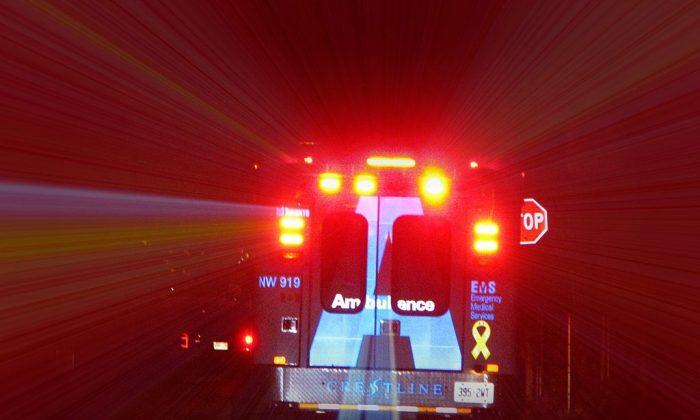A single-engine plane crashed at Modesto Airport in Northern California, officials announced on Jan. 30, adding that at the time of the crash—there was no one onboard.
Police cited by CBS Sacramento said that prior to the accident, the owner of the Beech V35B Bonanza aircraft was servicing the plane, but was unsuccessful in trying to get it to start. However, after the owner walked away from the plane, the engine suddenly fired up, and the plane began moving down the runway—all by itself.





